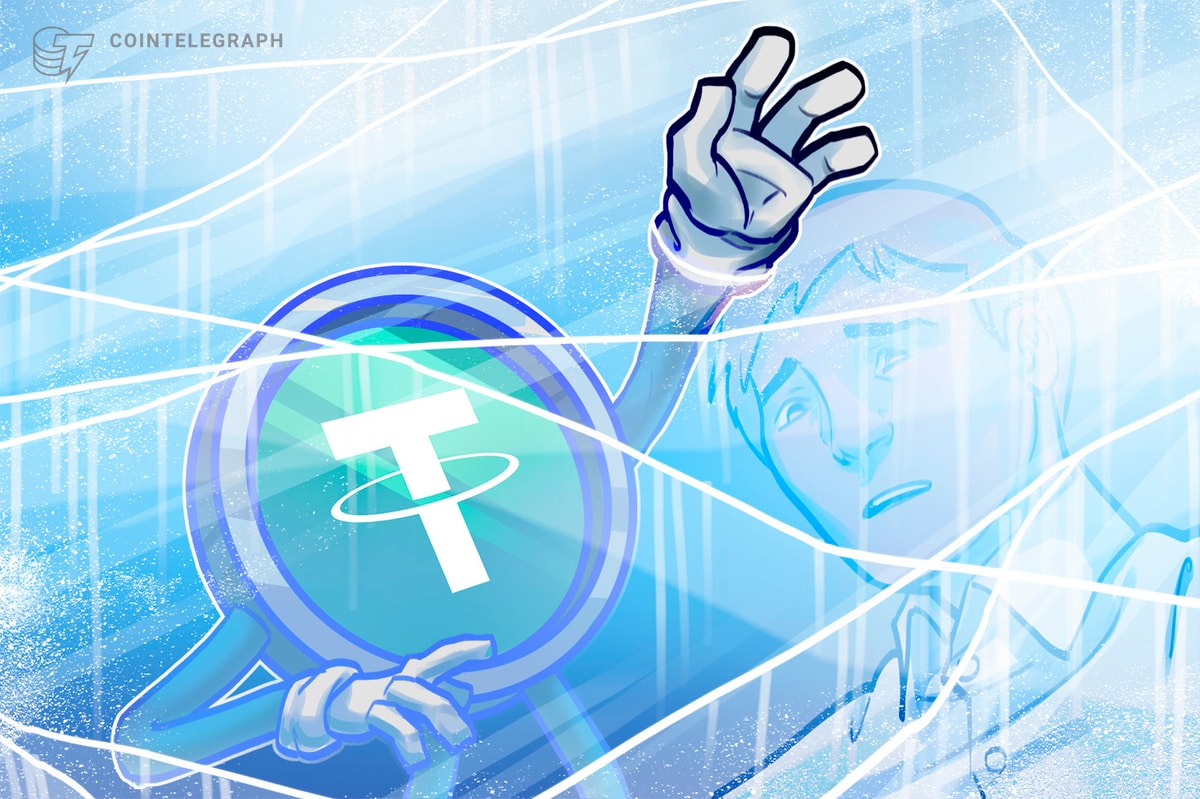In crypto trading, we often see entire sectors move in tandem. Decentralized finance (DeFi) coins may all curve upward together, while metaverse tokens soared on news that Facebook’s getting a facelift.
But this week’s group of top crypto performers have very little in common... except one trading indicator that lit up in pulsating green neon letters before their prices trended upward.
We’re looking today at:
- Polygon (MATIC): a layer-two scaling solution for Ethereum
- Aave (imaginatively, AAVE): a decentralized finance asset
- Voyager (VGX): a crypto trading platform
- Koinos (KOIN): a feeless foundational blockchain built for scalability
- Linear (LINA): a cross-chain asset protocol
All have delivered major gains over the last month, and despite their differences, they have one thing in common:
Each one achieved a VORTECS™ Score in excess of 90 before reaching their peak price levels.
In fact, all these tokens exhibited patterns of trading and social behavior that were strikingly similar to conditions in the past that preceded rallies. And once these tremendously robust trading conditions were detected, most of these cryptocurrencies entered virtuous cycles wherein their price dynamics generated increased trading and tweet volumes, which, in turn, powered the next phase of a rally.
Was there a chance for traders to hop on these moon-bound shuttles early?
A sign of extreme confidence
The indicator that screamed of the extremely bullish conditions is called the VORTECS™ Score, a tool available via Cointelegraph’s subscription-based data intelligence platform, Markets Pro.
Its job is to compare the current trading and sentiment conditions to historically similar situations and to alert traders when bullish patterns are detected. Live testing of the VORTECS algorithm has been ongoing for over 10 months.
A VORTECS™ Score above 80 is considered confidently bullish. On average, there are between 30 and 50 weekly instances of assets crossing the 80-score threshold.
Scores of 90 or above, however, are rare. In an average week, there are usually no more than four to five instances of such scores, and sometimes a full week can pass without a single 90.
These ultra-high scores signify the algorithm’s strong confidence that the observed conditions are similar to those that preceded an asset’s stellar price performance in the past. As previously reported, scores above 90 sometimes precede price appreciation that can last for several days.
Here is how it worked with some of the highest-VORTECS™ assets this past month.
KOIN: +100% after peak score
KOIN, an asset whose first VORTECS™ Score had been calculated on Nov. 5, was off to a formidable start right out of the gate. The asset’s score touched the 90 mark several hours after its debut at the price of $0.22.
Within a day, it reached a high of $0.44, a 100% increase. The pump was accompanied by an additional 432% of trading volume and 221% of the usual level of tweets.

It’s possible that the particularly striking results of the KOIN price appreciation event are partly attributable to its low market capitalization, which stood at just $20 million before the dramatic price rise.
MATIC: +35% after peak VORTECS Score
MATIC’s stellar run this month has been powered by a surge in the number of active Polygon addresses, as well as project launches on the Polygon network. The asset’s peak VORTECS™ Score of 94.2 came on Oct. 16 (red circle in the chart), when the asset was trading at $1.56.

Following the peak score, MATIC’s price did not skyrocket immediately, as the favorable conditions did not fully materialize until almost two weeks later. However, the maximum price increase registered after the record score amounted to 35%, with an attendant 6.68% spike in trading volume and an 11.08% increase in tweets mentioning the asset.
AAVE: +11% after peak score
AAVE’s high-water mark came on Oct. 18 when it flashed a VORTECS™ Score of 90.8. At that moment, the DeFi token had been changing hands for $304.

AAVE’s ultra-high score anticipated a rally that lasted for another 11 days, culminating in the price of $338 registered on Oct. 29. The gains in trading and tweet volume were even more impressive: 488% and 118%, respectively.
LINA: +13.4% after peak score
LINA had its most bullish historical outlook registered on Oct. 11 when its VORTECS™ Score reached 90.2 against the price of $0.052.

The next phase of its price action saw the price rise to $0.059 over a seven-day period, accompanied by a staggering 439% increase in trading volume and 200% rise in tweets.
VGX: +3.7% after peak score
VGX flashed its highest VORTECS™ Score of the month (91.9) rather late into its tremendous hike from $2.11 to $3.05.

The asset’s price continued to hover above $3 for the next four days, powered by a 42.89% increase in trading volume and a 10.19% more intense Twitter conversation in the aftermath of the historically bullish outlook. VGX’s momentum has somewhat faded in early November, yet the robust fundamentals could point to an impending resurgence.
We may conclude from previous analysis that looking at tokens that hit the VORTECS™ Score of 80 proved to be an efficient strategy for traders seeking to identify a range of assets with a good chance of performing well within the next few days.
Focusing on those few that score beyond 90 may better serve Markets Pro members who prefer to operate on higher confidence levels and longer timeframes.
Cointelegraph is a publisher of financial information, not an investment adviser. We do not provide personalized or individualized investment advice. Cryptocurrencies are volatile investments and carry significant risk including the risk of permanent and total loss. Past performance is not indicative of future results. Figures and charts are correct at the time of writing or as otherwise specified. Live-tested strategies are not recommendations. Consult your financial advisor before making financial decisions.










